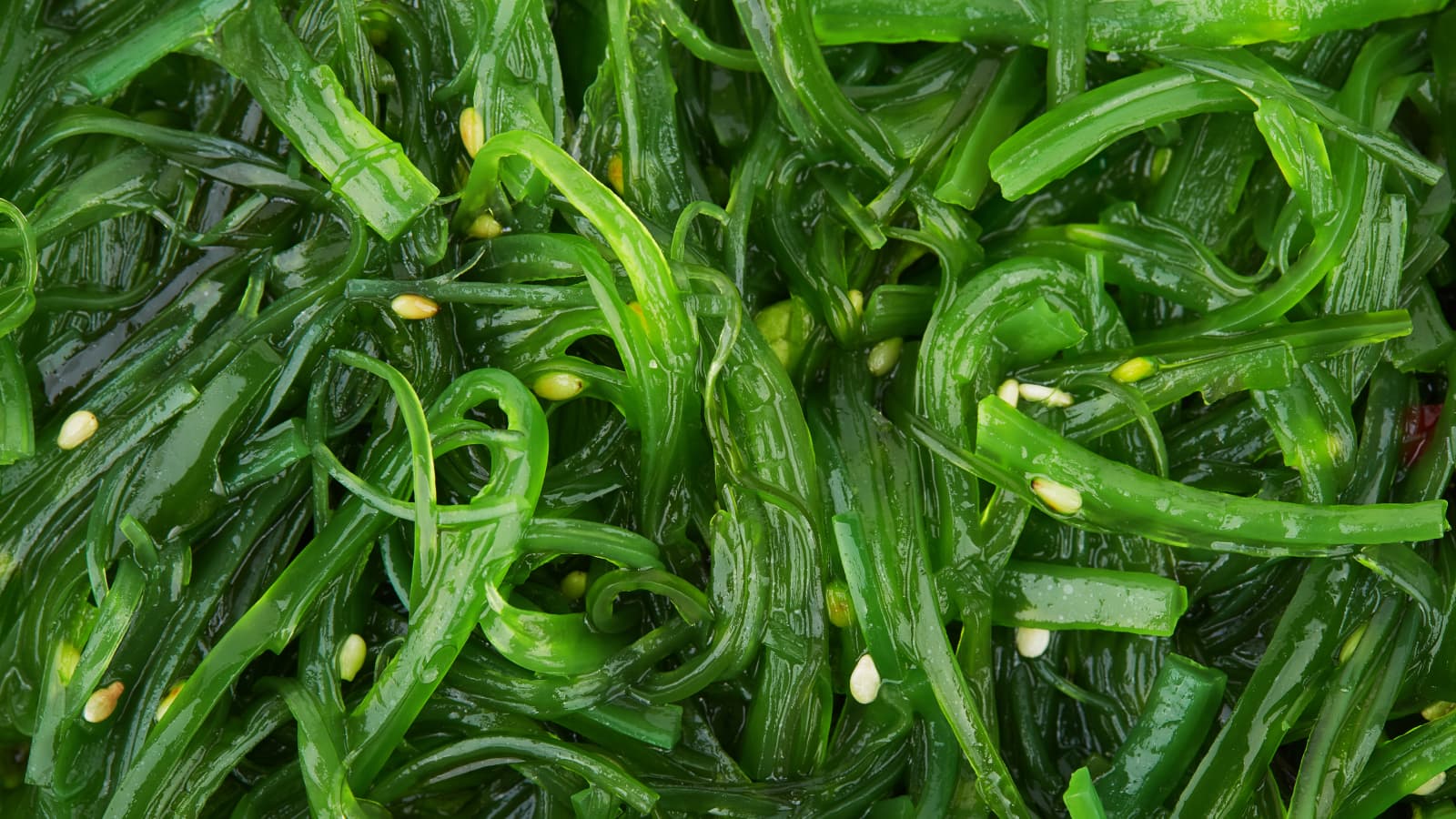
Seaweed might seem like just another plant in the ocean, but it holds a treasure chest of secrets. Did you know that seaweed is not only a vital part of marine ecosystems but also a superfood packed with nutrients? From sushi rolls to skincare products, this versatile algae has found its way into our daily lives. But what exactly makes seaweed so special? Seaweed can absorb carbon dioxide, helping combat climate change. Additionally, it provides habitat for marine life and can even be used as biofuel. Ready to dive into the world of seaweed? Here are 15 fascinating facts that will make you see this ocean plant in a whole new light.
Key Takeaways:
- Seaweed is not a plant, but a type of marine algae that comes in different colors and shapes. It produces oxygen and is rich in nutrients, making it beneficial for both marine life and humans.
- Seaweed plays a crucial role in the environment by absorbing carbon dioxide, providing habitat for marine species, and preventing coastal erosion. It's also used in everyday products like food, cosmetics, and agriculture, showing its versatility and importance.
What is Seaweed?
Seaweed, often called marine algae, thrives in oceans and seas. It comes in various colors, shapes, and sizes, playing a crucial role in marine ecosystems. Let's dive into some fascinating facts about this underwater wonder.
-
Seaweed is not a plant. Unlike terrestrial plants, seaweed lacks roots, stems, and leaves. Instead, it has structures like holdfasts, stipes, and blades.
-
Three main types exist. Seaweed is categorized into three groups: red, green, and brown algae. Each type has unique characteristics and habitats.
-
It produces oxygen. Seaweed contributes significantly to global oxygen production, with some estimates suggesting it generates up to 70% of the oxygen we breathe.
Nutritional Benefits of Seaweed
Seaweed isn't just for marine life; humans can benefit from it too. It's packed with nutrients and offers various health advantages.
-
Rich in vitamins and minerals. Seaweed contains vitamins A, C, E, K, and B-complex, along with essential minerals like iodine, calcium, and iron.
-
High in fiber. The dietary fiber in seaweed aids digestion and promotes gut health, making it a great addition to any diet.
-
Low in calories. Despite being nutrient-dense, seaweed is low in calories, making it an excellent choice for weight management.
Environmental Impact of Seaweed
Seaweed plays a vital role in maintaining the health of our oceans and combating climate change.
-
Absorbs carbon dioxide. Seaweed absorbs large amounts of CO2, helping to mitigate the effects of climate change.
-
Provides habitat. Seaweed forests offer shelter and food for various marine species, supporting biodiversity.
-
Prevents coastal erosion. The holdfasts of seaweed anchor it to the ocean floor, reducing the impact of waves and preventing erosion.
Seaweed in Everyday Products
Seaweed's versatility extends beyond the ocean, finding its way into many everyday products.
-
Used in food. Seaweed is a common ingredient in many cuisines, especially in Asian dishes like sushi and miso soup.
-
Found in cosmetics. Many skincare products contain seaweed extracts for their hydrating and anti-aging properties.
-
Used in agriculture. Seaweed extracts are used as natural fertilizers and soil conditioners, promoting healthy plant growth.
Interesting Facts About Seaweed
Seaweed has some surprising and lesser-known aspects that make it even more intriguing.
-
Edible seaweed varieties. There are over 10,000 species of seaweed, but only a few, like nori, kelp, and wakame, are commonly consumed.
-
Historical significance. Ancient cultures, including the Japanese and Irish, have used seaweed for centuries for food, medicine, and even currency.
-
Potential biofuel source. Researchers are exploring seaweed as a sustainable and renewable source of biofuel, which could reduce our reliance on fossil fuels.
Seaweed's Surprising Impact
Seaweed isn't just a slimy plant in the ocean. It's a nutritional powerhouse packed with vitamins and minerals. This ocean veggie helps combat climate change by absorbing carbon dioxide. It's also a key player in sustainable farming and biofuel production. Seaweed extracts find their way into cosmetics, medicines, and even fertilizers.
Eating seaweed can boost thyroid health and improve digestion. It's a staple in many Asian cuisines and gaining popularity worldwide. Seaweed farming supports coastal communities by providing jobs and protecting marine ecosystems.
Next time you see seaweed, remember it's more than just ocean debris. It's a versatile, eco-friendly resource with countless benefits. Whether you're munching on sushi or using seaweed-based products, you're tapping into one of nature's most incredible gifts.
Frequently Asked Questions
Was this page helpful?
Our commitment to delivering trustworthy and engaging content is at the heart of what we do. Each fact on our site is contributed by real users like you, bringing a wealth of diverse insights and information. To ensure the highest standards of accuracy and reliability, our dedicated editors meticulously review each submission. This process guarantees that the facts we share are not only fascinating but also credible. Trust in our commitment to quality and authenticity as you explore and learn with us.


